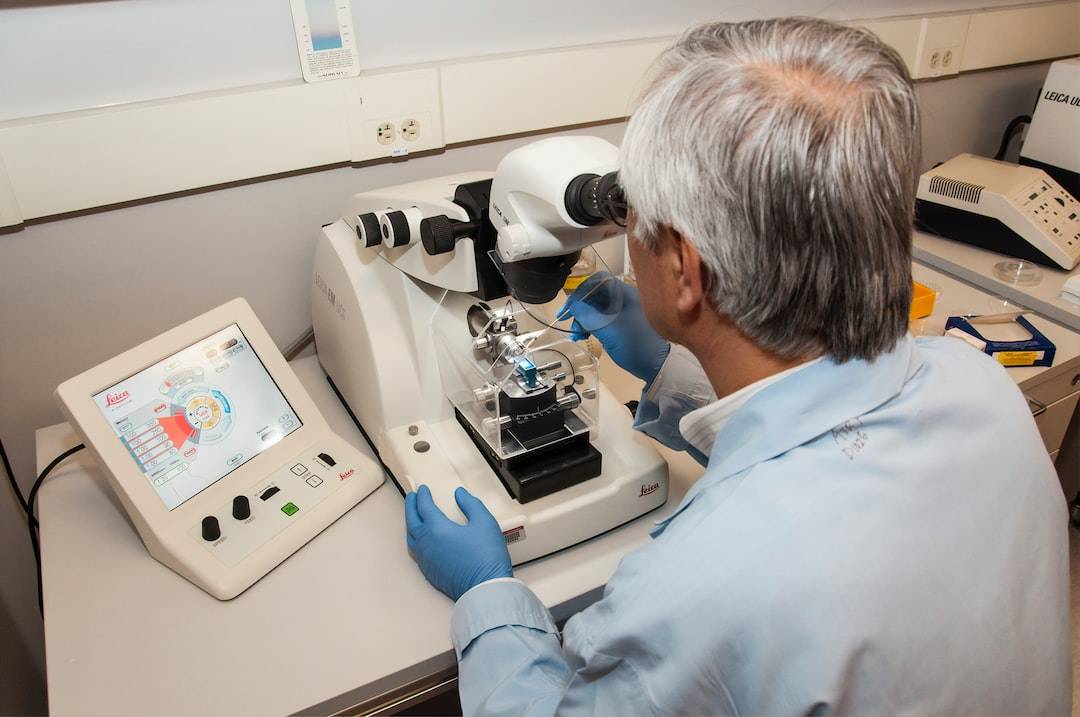Concerns over PayPal’s new stablecoin, PYUSD
Recently, there has been growing concern within the crypto community regarding PayPal’s newly introduced stablecoin, PYUSD. Many crypto enthusiasts and experts are raising questions about its potential impact and validity. Let’s delve into the key points:
- Regulatory scrutiny: PYUSD has attracted regulatory attention due to concerns over its compliance with existing financial regulations. The lack of clarity in PayPal’s approach to regulatory compliance is causing unease among crypto users.
- Centralization concerns: As PayPal controls the issuance, management, and redemption of PYUSD, questions surrounding centralization and its impact on decentralization within the crypto ecosystem have emerged.
- Privacy issues: Some individuals worry that PayPal’s PYUSD may compromise user privacy. With PayPal being a centralized entity, there are concerns about data privacy and the potential for increased surveillance.
- Competition with existing stablecoins: PYUSD’s entry into the stablecoin market may lead to increased competition with established stablecoins like Tether (USDT) and USD Coin (USDC), potentially disrupting the market dynamics.
- Trust and reputation: PayPal’s past controversies have left some users skeptical about its ability to successfully navigate the crypto space. The company will need to address these concerns to gain trust within the crypto community.
Hot Take: While PYUSD may offer convenience and accessibility to a wider audience, its centralized nature and regulatory uncertainties have raised valid concerns. As the crypto industry continues to evolve, it’s crucial for companies like PayPal to address these concerns and ensure transparency to build trust within the community.





 By
By
 By
By
 By
By

